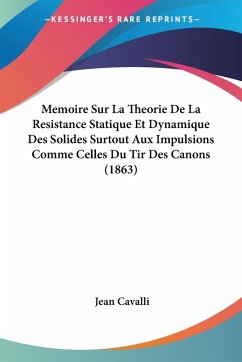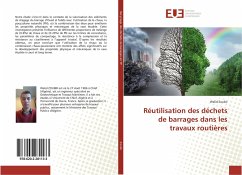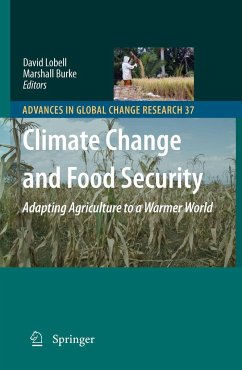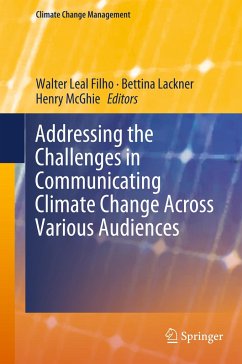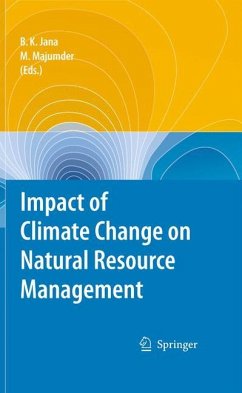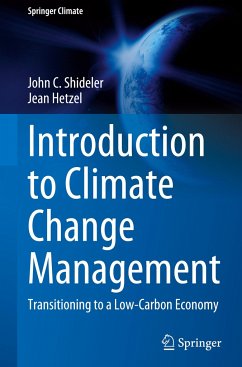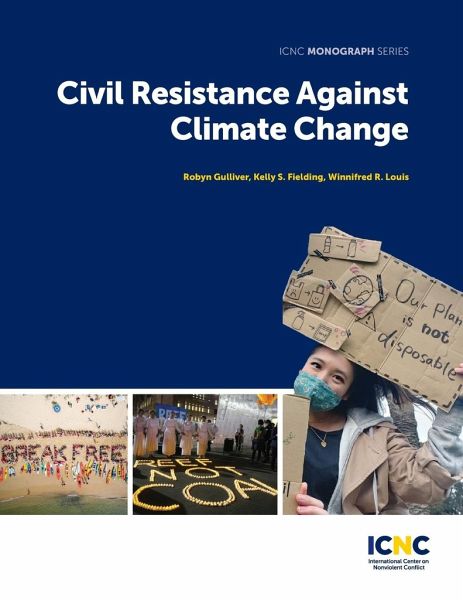
Civil Resistance Against Climate Change

PAYBACK Punkte
14 °P sammeln!
This monograph presents an empirical analysis of the Australian climate change movement to determine the extent to which activists are incorporating civil resistance into their tactical repertoire, what these actions look like, and what goals they are achieving.Using three movement frameworks as a theoretical foundation, it provides an overview of the broader environmental movement before considering the types of groups engaging in civil resistance against climate change, the range of actions they undertake, and the targets they seek to influence. It then examines two campaigns directed at cor...
This monograph presents an empirical analysis of the Australian climate change movement to determine the extent to which activists are incorporating civil resistance into their tactical repertoire, what these actions look like, and what goals they are achieving.Using three movement frameworks as a theoretical foundation, it provides an overview of the broader environmental movement before considering the types of groups engaging in civil resistance against climate change, the range of actions they undertake, and the targets they seek to influence. It then examines two campaigns directed at corporate targets-the Stop Adani anti-coal mining campaign, and the Divestment campaign-as case studies before considering the extent to which civil resistance in Australia is prompting repressive responses from the state.This study offers key lessons for a range of individuals and groups, from climate activists and civil society organizations to academics and others interested in supporting nonviolent action against climate change. In doing so, it addresses major gaps in our understanding of the effectiveness of civil resistance against climate change and the potential this resistance holds to prompt urgent action.








